Curated OER
Analyzing Two or More Nonfiction Texts
How does recognizing the author's purpose help you draw conclusions about a topic? Using two articles (both are attached), learners brainstorm why each author wrote each article. Are their purposes similar or different? Learners use a...
Curated OER
During Reading Strategies
"How important is freedom to you and your family?" The guiding question becomes much more powerful after your class reads and responds to a passage from a historical novel. While reading the passage, they complete a graphic organizer...
Curated OER
Reading Questions: Alex Haley's "My Furthest Back Person: The African"
Based on Alex Haley's moving essay "My Furthest Back Person: The African," these 11 questions support comprehension and prepare readers for discussion of the text. Use this tool, and the essay, as a nonfiction addition to units on...
Curated OER
The Best Main Idea
What is the main idea? Interest your young readers with this fun introductory lesson! After selecting several items from a paper bag, the teacher leads learners to determine the big idea for those items. This concept is then applied to...
Curated OER
Apply Post-Reading Skills and Discuss Persuasive Text
Students put their reading comprehension skills to practice. In this interpreting text lesson plan, students read "Chief Red Jacket's Reply," and then respond to questions that require them to reason, infer, and analyze the selection.
Curated OER
Fiction vs. Nonfiction
Students explore fiction and nonfiction writing. They identify the elements of fiction in a short story and identify the criteria necessary in a nonfiction piece. Students distinguish the author's purpose in an expository text,...
Curated OER
KWL Chart
Students create a KWL chart on a selected nonfiction topic using a variety of strategies. They infer the answers to four questions, identify a purpose for reading, list four or more things about the topic, and list four or more answers...
Curated OER
Research a Poet and Explicate a Poem by that Poet
Using your school's media center, internet research, and a SMART board, 7th graders research a chosen poet and write a research report. Additionally, 7th graders explicate one poem by the poet within their report. Several resource links...
Curated OER
Research a Poet and Explicate a Poem by that Poet
Seventh graders choose a poet to research and find a poem by that author to explicate/analyze using a variety of sources for their research that will include their textbooks, the school library, and the internet. After conducting...
Curated OER
Call It a Hunch
Give young scholars a chance to practice making inferences after reading the book Through My Eyes by Ruby Bridges. They confirm whether or not their conclusions are true, have a class discussion, and then independently complete an...
Curated OER
Anne Frank: The Diary of a Young Girl
In this unit, students examine the many different themes in Anne Frank's diary. They connect the themes to their own life and keep a journal to explore the triumphs and challenges in their own life.
Curated OER
George Washington's Revolutionary Journeys
Students take a closer look at historical maps. In this American Revolution lesson plan, students examine the provided historical maps and documents to determine the assignments that George Washington assigned to subordinates during the...
Curated OER
Adapting a Fairy Tale
Students read and prepare a new oral version of a selected fairy tale. They read and compare/contrast two fairy tales and identify the main story elements. In small groups they create a new oral version of one they fairy tales and...
Curated OER
911 As History
Students recognize persuasive techniques, think criticaly about the messages contained in various media, and discuss controversial issues in constructive ways. They analyze the deeper messages contained in children's literature, and...
Curated OER
Heroic Images: Visualization and Media Messages
Students examine media messages. In this media awareness lesson, students analyze online messages about heroism as they complete a jigsaw reading activity.
Polk Brothers Foundation Center for Urban Education at DePaul University
De Paul University: Center for Urban Education: Comprehensive Questions: Nonfiction [Pdf]
Questions are provided to help students determine the main idea, topic, and fact versus opinion of a nonfiction piece. Students are prompted to write a summary of an informational text.
Polk Brothers Foundation Center for Urban Education at DePaul University
De Paul University: Center for Urban Education: I Can Classify and Infer When I Read [Pdf]
This site contains links to two graphic organizers to guide and assess the understanding of nonfiction text in science and social studies.
Polk Brothers Foundation Center for Urban Education at DePaul University
De Paul University: Center for Urban Education: Can Infer Meaning of a Word in Context [Pdf]
This activity contains two graphic organizers that will help students infer the meaning of words in context. Students can use these graphic organizers as they read nonfiction texts, particularly while reading in the content area.
Quizlet
Quizlet: Making Inferences (Nonfiction)
Match five words and definitions about making inferences in nonfiction texts by racing against the clock in this learning game.
Polk Brothers Foundation Center for Urban Education at DePaul University
De Paul University: Center for Urban Education: Identify/infer Character Traits [Pdf]
This page contains links for three graphic organizers. Students will use graphic organizers to identify character traits, infer character traits, and support inferences with text evidence.
Polk Brothers Foundation Center for Urban Education at DePaul University
De Paul University: Center for Urban Education: Chicago High Schools [Pdf]
"Chicago High Schools" is a one page, nonfiction, reading passage about high schools in Chicago including specialty high schools and the basic requirements for all high schools. It is followed by constructed-response questions which...



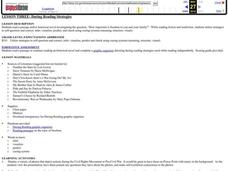





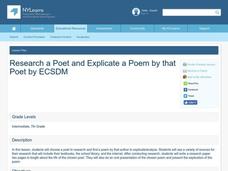
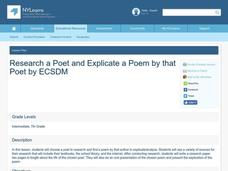



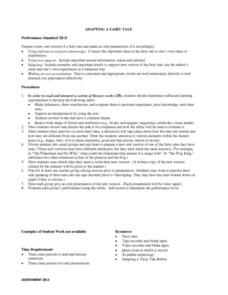
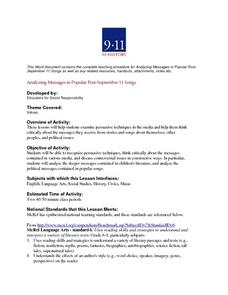
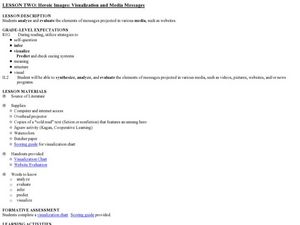
![De Paul University: Center for Urban Education: Comprehensive Questions: Nonfiction [Pdf] Unknown Type De Paul University: Center for Urban Education: Comprehensive Questions: Nonfiction [Pdf] Unknown Type](https://d15y2dacu3jp90.cloudfront.net/images/attachment_defaults/resource/large/FPO-knovation.png)
![De Paul University: Center for Urban Education: I Can Classify and Infer When I Read [Pdf] Unit Plan De Paul University: Center for Urban Education: I Can Classify and Infer When I Read [Pdf] Unit Plan](https://content.lessonplanet.com/knovation/original/119984-1e8c3bd778b0e773bd6dcdc545a348e7.jpg?1661787061)
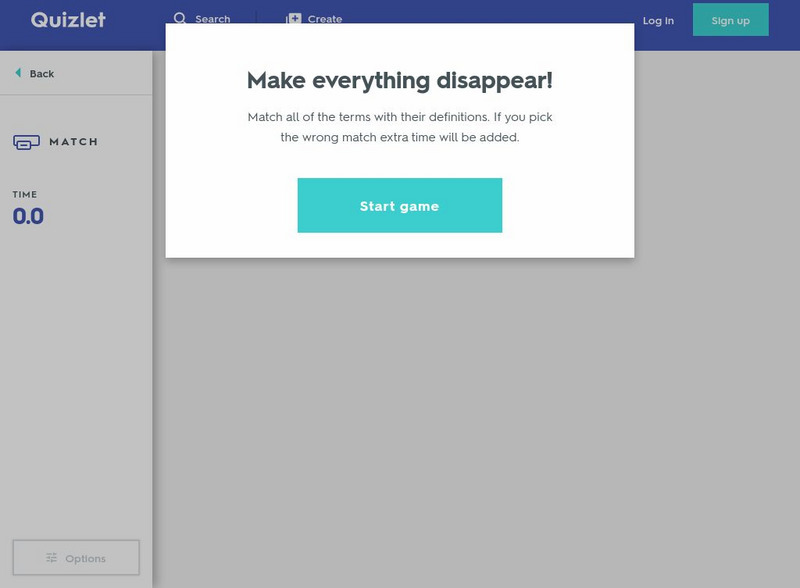
![De Paul University: Center for Urban Education: Identify/infer Character Traits [Pdf] Graphic De Paul University: Center for Urban Education: Identify/infer Character Traits [Pdf] Graphic](https://content.lessonplanet.com/knovation/original/119983-62ee3880b7ac71dbc7bc636a19f336da.jpg?1661787060)